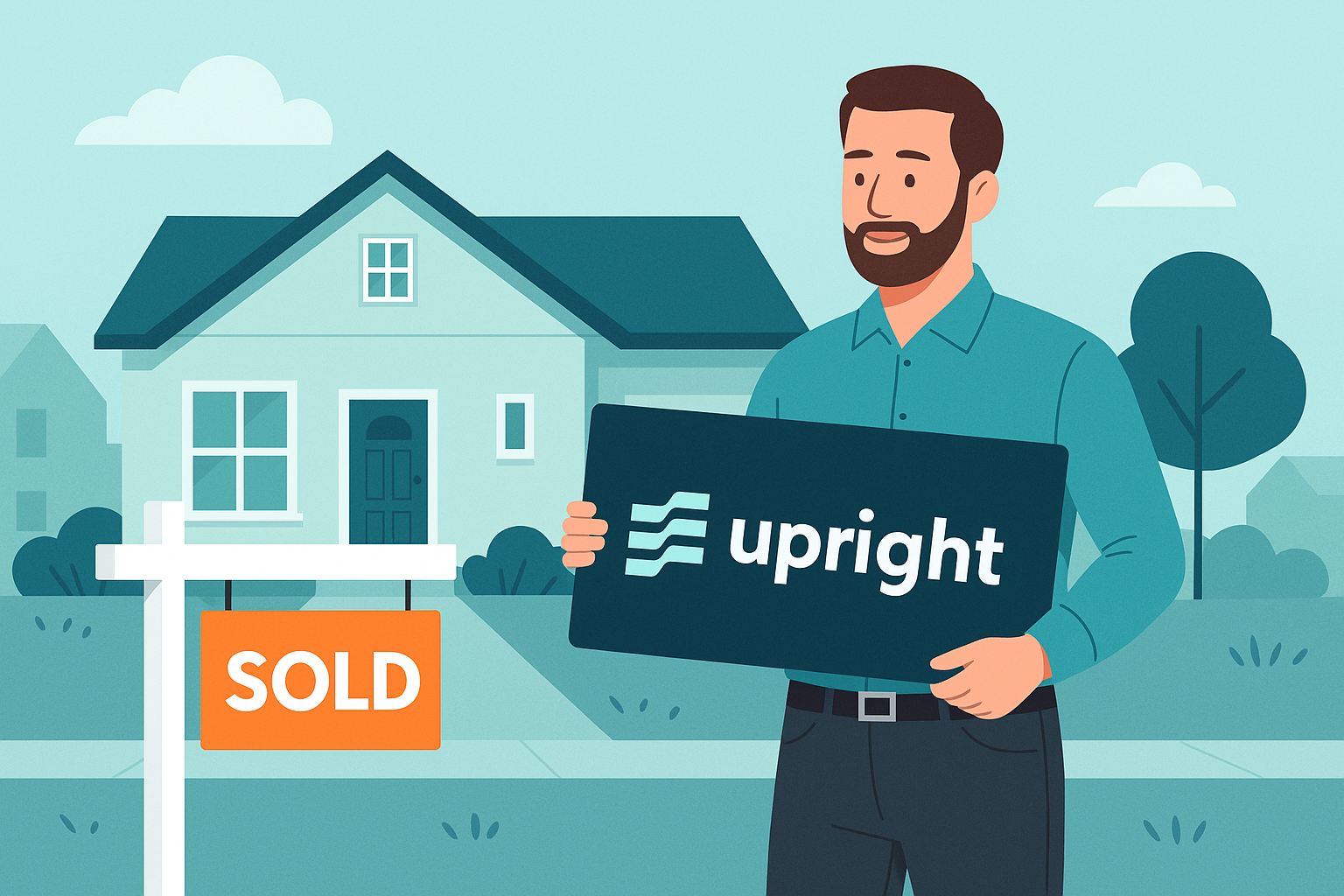
Crowdfunding loans for real estate are catching a lot of attention – and for good reason. It creates new opportunities for investors to diversify with real estate. It also creates a new source of capital for developers and re-developers. If you’re a developer or redeveloper curious on how you might leverage this new source of capital for your next rehab loan, you may find this advice useful.
Do your Homework
Like anything else with real estate investing, crowdfunding your next deal should be approached with thoughtful consideration. The JOBS Act, which makes all of this legal, is new, as is the regulatory environment around it. You should not go down this path haphazardly but instead should do your homework. The various real estate crowdfunding sites are a great place to start. While doing your homework, thinking about the following things will help you maximize the potential of real estate crowdfunding.
Have a Strategy
Just as you are strategic with other aspects of your business and raising capital for your deals, you should have a strategy for your crowdfunding efforts. The word “effort” is used intentionally because it will be hard work to get started with crowdfunding. Proceeding without a strategy will likely leave you frustrated and will inevitably be a waste of your time. Further, be cautious about thinking of crowdfunding as “capital of last resort”. Most platforms and their investors have underwriting requirements very similar to what you will find from more traditional hard money lenders or banks.
Broadly speaking, your strategy will likely fit into one or more of the following categories:
Marketing
When you post your deals on a crowdfunding platform, you are going to get more coverage and distribution than you might get through traditional means. Can you leverage this to your benefit in some way? One crowdfunding platform recently did a raise for a high-profile hotel/resort. In addition to raising the needed capital, they were featured in multiple well known publications – increasing the awareness of their asset. While the jury is still out on whether or not this will lead to increased room bookings or conferences, the press certainly can't hurt. For residential flips, using crowdfunding as part of a marketing strategy may not be the best angle but could potentially help with your re-marketing of the property when it's time to sell – especially if you are trying to sell to a buy-and-hold investor who may be also using the platform.
Enlist New Investors
If you're building a network of investors you'd like to partner with on deals, one of the toughest parts in the conversion process is getting them to write you the first check. By using a crowdfunding platform, you may be able to shorten this conversion cycle by allowing them to invest with a lower amount of capital. For example, getting a new partner to write you a check for $200,000 for your next deal is much more difficult than getting them to write you a check for $5,000 – which is the minimum investment on most platforms. The crowdfunding platform will help you manage all of these smaller investors, meaning it won't be much more paperwork for you. If you perform well, you'll have a happy new investor ready to write a larger check for the next deal.
Networking Efficiency
One of the beautiful things about the crowdfunding platforms is that they capture and store a lot of information about you and your deals and present all of this information professionally online. By developing a strategic relationship with one of the platforms and their investors, you are essentially building an online resume of your credentials and past success. If you are strategic about this, each deal will add to your reputation and credibility, making it more efficient for you to attract and enlist new investors. Rather than building relationships one at a time, you are building a relationship with a platform and their 100s or 1000s of investors.
Choose a Platform Partner that Matches Your Strategy
Once you've got an idea for what you think your strategy will be, do some research on the different platforms out there to see which are best suited to help you achieve your goals. Here are the top considerations you may want to make when choosing a platform;
What's their Strategy?
Each platform has a business model and strategy that drives the types of deals they fund. You should be able get a good understanding of this from their website and the deals they have already funded. If their business model is not built to help you achieve your goals, it will likely be a waste of your time trying to work with them unless you can modify your strategy to fit theirs. They likely have an investor base and underwriting model set up to partner with a certain type of developer and their deals. If your deals don't fit into that target, they will be less likely to want to work with you.
What are their Underwriting Requirements?
You should also be able to get a good understanding of this by reviewing their past deals. You should also give them a call if you are unsure and ask if they can share with you their underwriting requirements. Most platforms out there today want the developer to contribute some equity to the deal. If you don't have enough capital to put into each of your deals, they may not be able to help you.
Are they in it for the Long-term?
This question has several aspects. The first goes to their strategy. Can you reasonably believe that a year from now your business model will still align with theirs? Is funding residential fix-and-flip properties an asset class they plan on offering for the foreseeable future? If not, you may not want to invest your time developing a relationship with them. The second question you should ask is whether you think this company will still be in business a year from now. This is a new industry with companies popping up every week. Take some time to get to know their management team to better understand if you believe they will be a going concern.
In summary, deciding to use crowdfunding as a source for capital should be approached with some thought and consideration. Developing a strategy will help you maximize your return on the time you will inevitably need to invest to take advantage of this new and exciting development in the real estate investing world.





